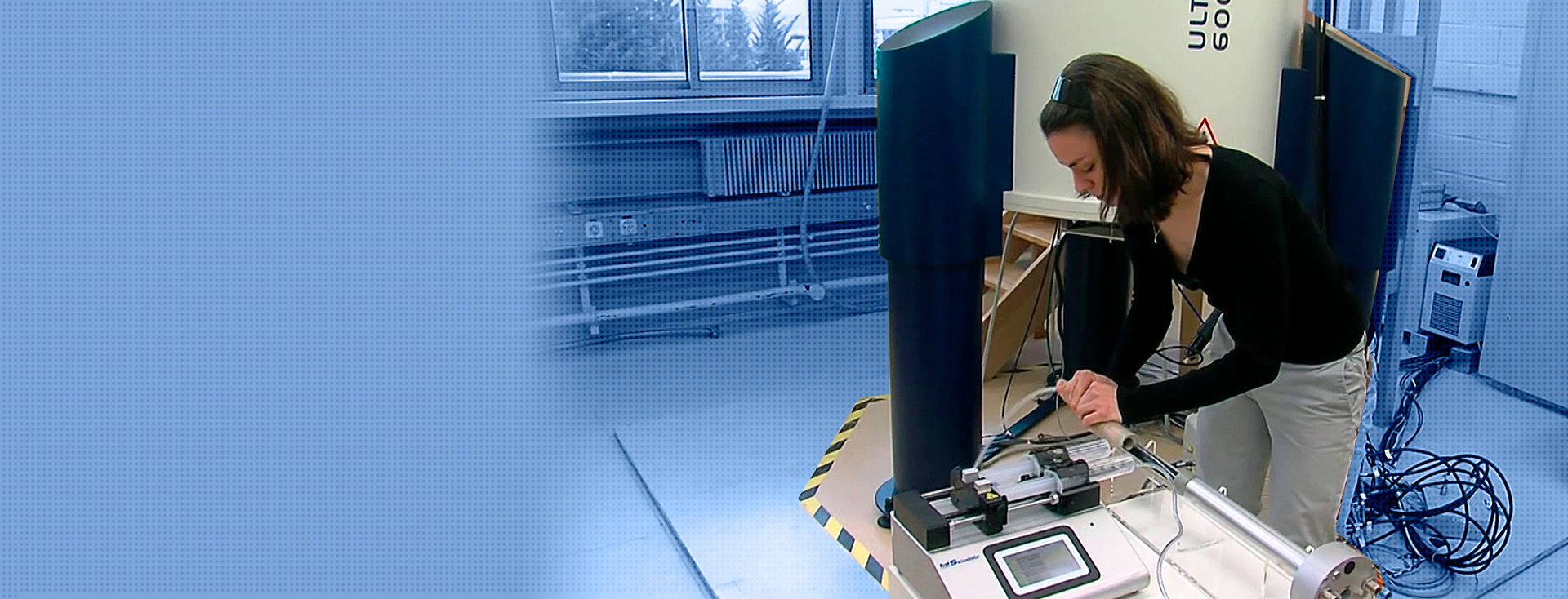The objectives of this research field is to develop models, and provide methods and tools that enables to analyze, understand and manage the phenomenon that electrical systems are subjected in a power electronics environment. The main application field of those investigation stands for both small power stationary microgrids and embedded transportation equipment microgrids. The skills are related to power electronics, energy management and dynamic stability.
As for the microgrid energy management, the scientific team develop new power architecture, study both their modelling and their control. This has already been performed through many PhD studies and several industrial partnerships (GE- Power Conversion, IFP-En, SAFRAN company). Because of its strong connection to the converter and power architecture, the electrical system control has been subjected to numerous research investigations. Its main contribution aims at developing dynamic models that take into consideration physical constraints, and introduce control strategy based on the latest breakthroughs from non linear automatic area.
The microgrid investigation originality stands for tools development that enables to prove and/or ensure their steadiness, even under large signal disturbances. The framework application address both the aircraft embedded continuous microgrids and the autonomous alternative grids. The stability is handled thanks to mean values modelling. If not sufficient, the transient steadiness is solved through limit cycles considerations by means of analytical models that take into account the switching effects. Those investigations have given rise to collaborations with Trondheim University (Norway), Shadid Beheshti University (Iran) and King Mongkut’s University of Technology North Bangkok (Thailand).

Monitoring and service continuity themes are now key issues in numerous applications such as embedded systems or autonomous systems (more electric aircraft, automotive market, ships) or new energy production and storage (wind turbines, solar panels, fuel cells, electrolyze…). Indeed, one of the main advantage of electrical systems lie in their capability to monitor themselves.
The objective is to detect emerging fault among the system components with a view to planning preventive maintenance or increasing their life span. The related systems are the traditional one such power electronics converters, electrical generators, as well as electrochemical systems (fuel cells and electrolyze) and thermal systems (Sterling motors).
Partnerships
Industrials
Academics
| BOILEAU | Thierry | Associate professor |
| MARTIN | Jean-Philippe | Associate professor |
| MEIBODY-TABAR | Farid | Professor |
| PIERFEDERICI | Serge | Professor |
| RASOANARIVO | Ignace | Associate professor |
| URBAIN | Matthieu | Associate professor |
| BAHRAMI | Milad | PhD student |
| BARRACO | Thomas | PhD student |
| BENHAMED | Sif Eddine | PhD student |
| HENNANE | Youssef | PhD student |
| LAPIQUE | Maxime | PhD student |
| SIANGSANOH | Apinya | PhD student |
